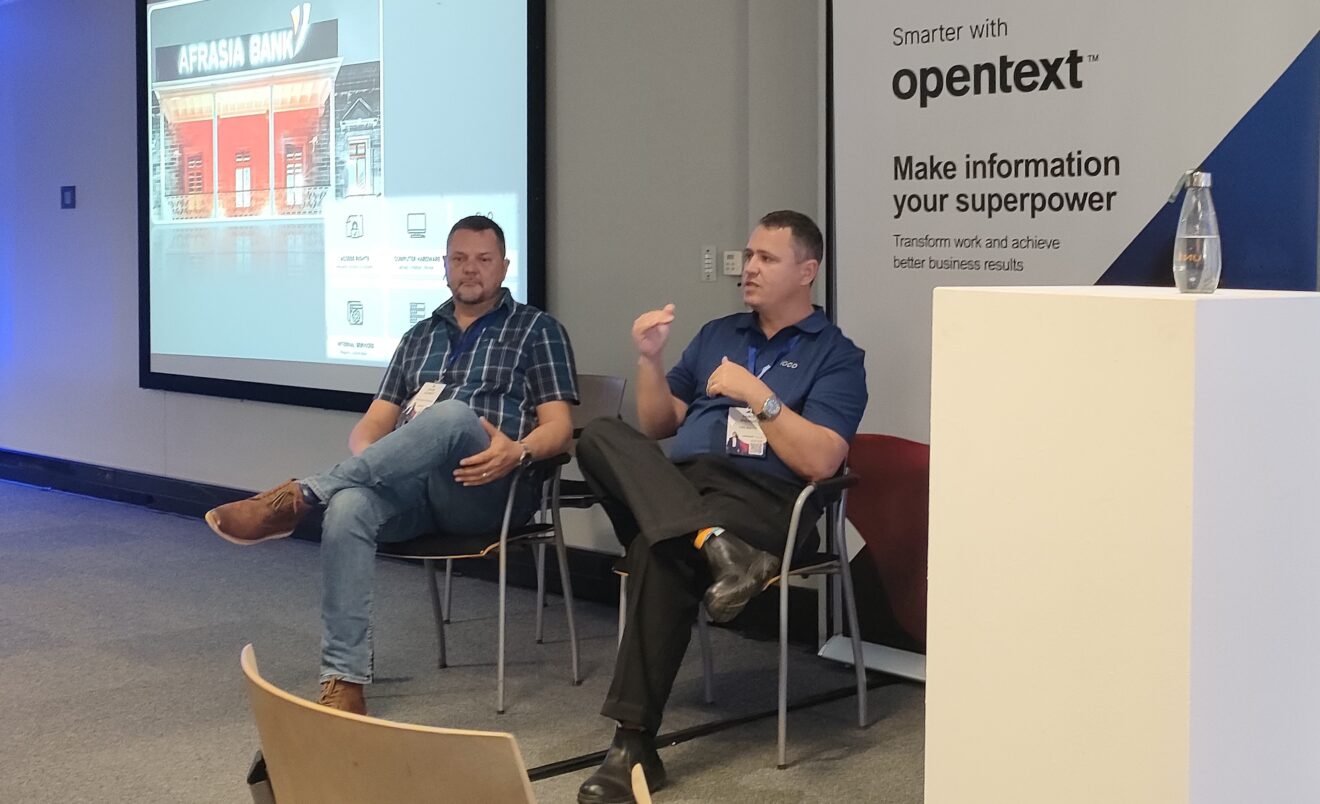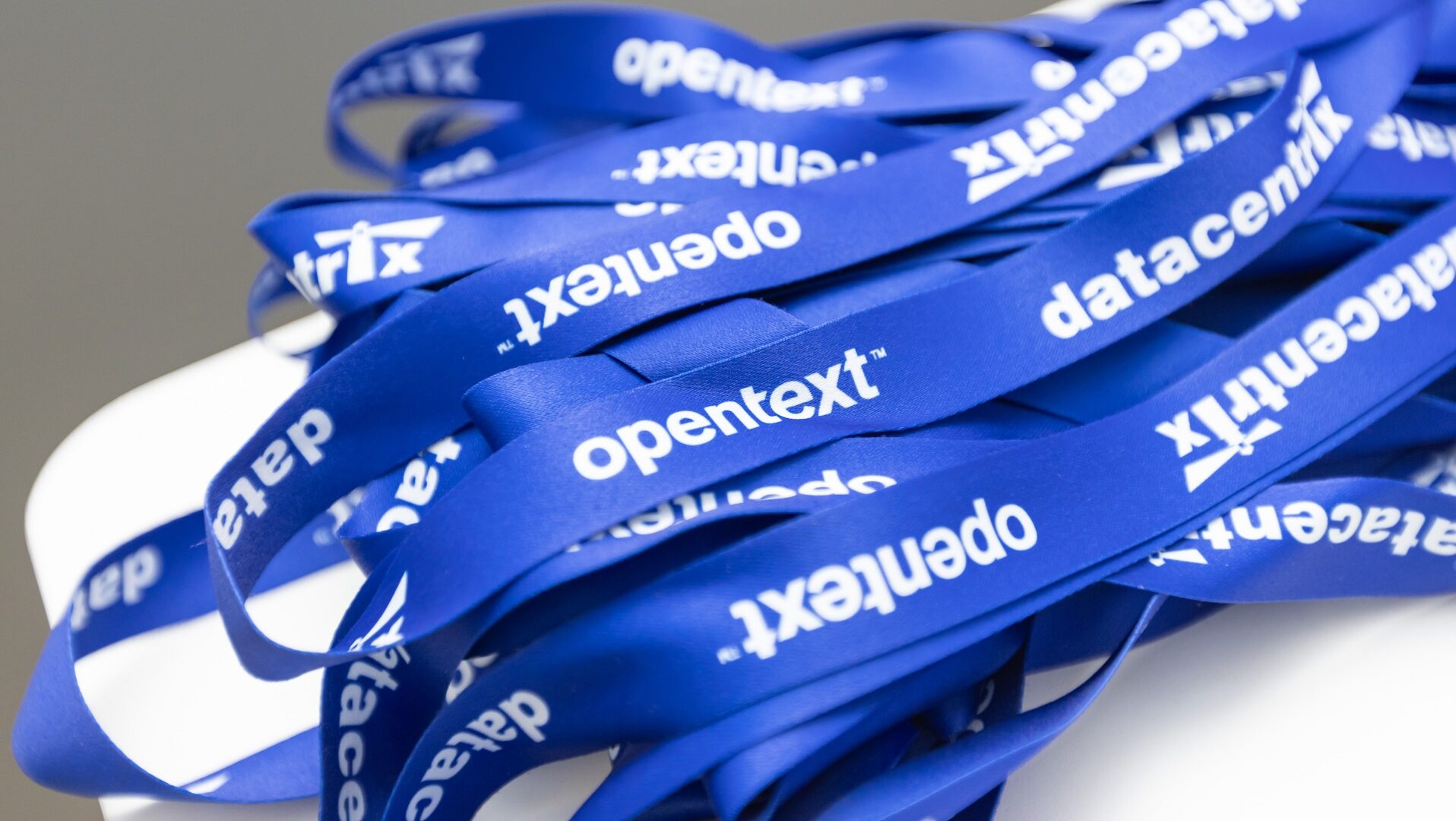Due to the pandemic, the world of education will never be the same as moving learning online has shifted from a necessity caused by COVID-19 to a legitimate, permanent method of teaching the world’s students.
Here in South Africa, much like every other part of the world, universities needed to scramble to move their core teaching modules online when lockdown hit. While students and the wider public saw this from the outside, what actually happened to make this massive change?
At OpenText Summit Africa 2023 we got a rare look behind the scenes of this process courtesy of Charl Joubert, Change and Configuration Manager at the University of Pretoria. Joubert was part of a breakout session on digital value which also covered bank digitisation presented by Chris Visage, Consultant at iOCO.
Joubert illustrates the fact that Service Management Automation X (SMAX) was the key to success for the entire process. Those in the IT industry may already be familiar with SMAX from Micro Focus. Micro Focus is now part of the OpenText family so the amazing opportunities of SMAX – which we will see below are now even more robust and widely available.
“We went live with SMAX in December 2019 just before lockdown. We had just short of 600 000 end users or person records which includes faculty, staff, students, contractors and more. We were told, literally at 10 in the morning, to vacate campus, but the academic year isn’t cancelled. Everyone came to us at IT and asked ‘what now?’ and if it wasn’t for SMAX, I don’t think we would have been able to do it,” Joubert says.
“We were able to publish new service offerings, which no one else was doing. We were able to tackle new challenges we never had to before, like connecting students through VPNs to on-campus software licences or sending out more than 5 000 laptops to students who had no way to access their lectures. We even had to facilitate connecting students to the internet at home through 3G dongles, and all of this was done through SMAX. We could publish a service offering, students could hop on, we could integrate into other services and everything was shipped out.”
The agility of the platform, Joubert continues, helped ease the massive shakeup that this kind of complete shift can bring. Here, again a subtheme of OpenText Summit Africa 2023, AI can assist. An example is given of student support requests. Here AI can detect what questions are being asked again and again by many students. By using this insight a new knowledge article can be written, published and shared in minutes giving these students one place to get their information and reducing the need for support.
Again we see the AI cycle where the effects of this automation are far-reaching. AI alerts workers to an issue, that issue is patched up, customers (in this case students) take up fewer resources with this specific issue, and time and money are saved by all stakeholders.
Outside of centralised information, such as in the aforementioned knowledge articles, Joubert also sees AI helping with more student interaction. Joubert points out how many people, not just students, prefer to chat with others to ask for information instead of searching it up themselves. With large language model AIs making for the perfect chatbots, this is the ideal way for the students can get the info they need, in the way they want to get it – through a chat. Students get what they want, support staff are free to work on other pressing issues, and everyone is happy.
OpenText is looking to make a big splash in the world of artificial intelligence with opentext.ai and OpenText Aviator which is being rolled out across its family of solutions. If you want to be part of this transformation, contact OpenText.


